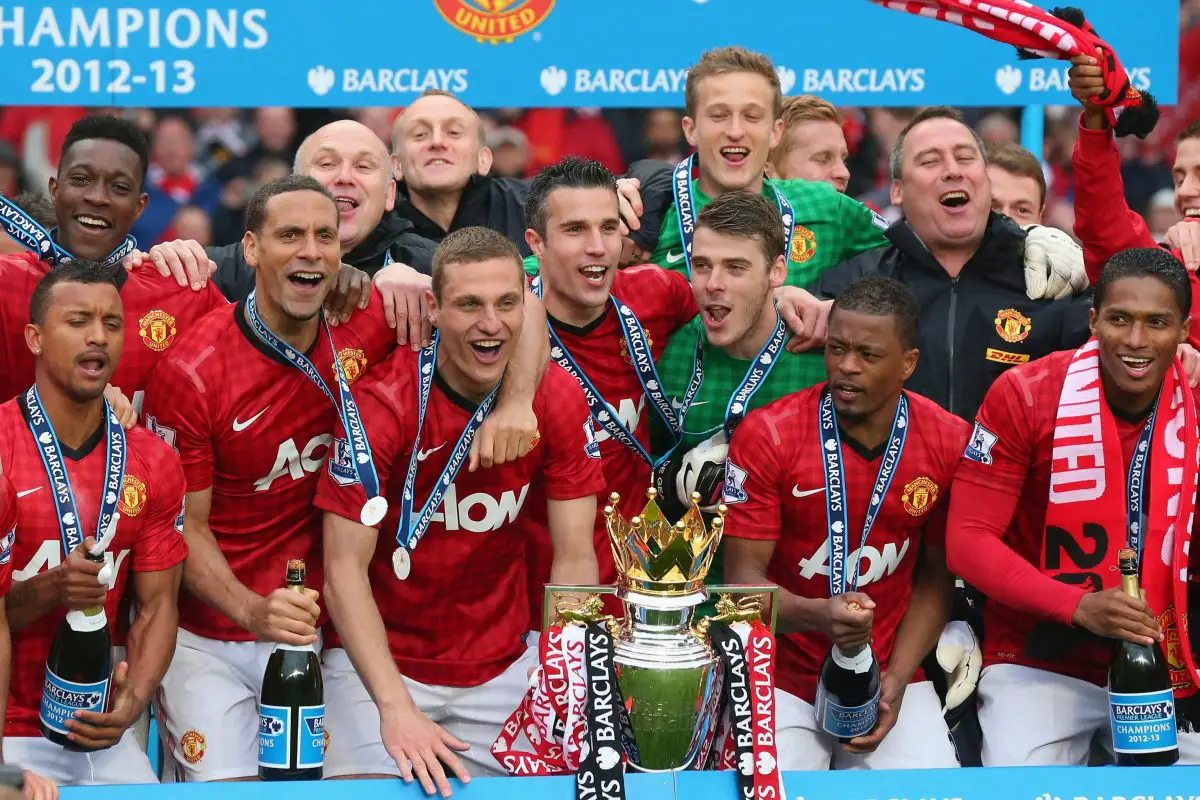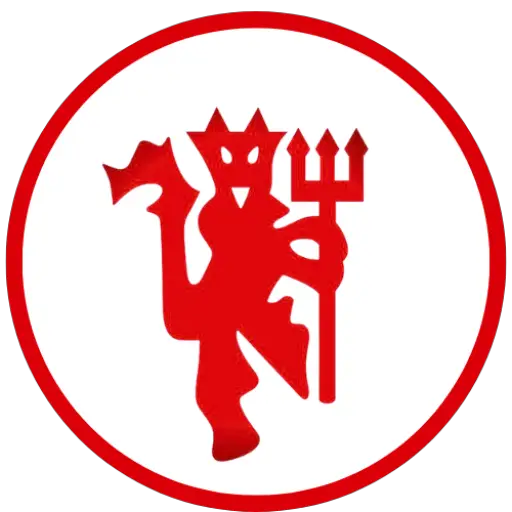
Manchester United, often affectionately referred to as the Red Devils, is a football club with a rich and storied history that transcends the sport itself. Founded in 1878 as Newton Heath LYR Football Club, the club has evolved over the years to become one of the most iconic and successful football institutions in the world.
In this blog, we will embark on a journey through time to explore the fascinating history of Manchester United, from its humble beginnings to its numerous domestic and international triumphs.
Formation and Early Years (1878-1902)
The story of Manchester United begins in 1878 when the club was founded as Newton Heath LYR Football Club by workers from the Lancashire and Yorkshire Railway depot. The club primarily played in green and gold colors during this period. However, financial struggles loomed large, and the club faced bankruptcy in 1902.
Birth of Manchester United (1902)
In 1902, the club was renamed Manchester United Football Club, symbolizing a new beginning. This pivotal moment marked the birth of the iconic red and white kit, the colors that Manchester United is known for today.
Matt Busby’s Arrival (1945)
One of the most significant chapters in the club’s history unfolded with the appointment of Sir Matt Busby as manager in 1945. Busby had a vision to build a team that could compete at the highest level. His emphasis on youth development laid the foundation for the “Busby Babes,” a talented group of young players who would go on to achieve great success.
The Tragedy of Munich (1958)
On February 6, 1958, tragedy struck when the Munich air disaster claimed the lives of several members of the Busby Babes, including players and staff. The disaster profoundly impacted the slot club, but it also fueled their determination to honor the memories of those lost.
The Sir Matt Busby Era (1960s)
Despite the tragedy, Sir Matt Busby led the club to unprecedented success in the 1960s. Manchester United became the first English club to win the European Cup in 1968, solidifying its status as a football powerhouse.
The Arrival of Sir Alex Ferguson (1986)
Another iconic era began with the appointment of Sir Alex Ferguson as manager in 1986. Under his guidance, Manchester United enjoyed a remarkable period of dominance in English football, winning numerous Premier League titles and FA Cups.
The Treble Triumph (1999)
The pinnacle of Sir Alex Ferguson’s tenure came in the 1998-1999 season when Manchester United achieved a historic treble, winning the Premier League, FA Cup, and the UEFA Champions League in a single campaign.
Global Reach and Fandom
Manchester United’s success on the pitch has been mirrored by its global fanbase. The club boasts millions of supporters worldwide, making it one of the most widely followed and beloved football clubs globally.
Key Figures in Manchester United’s History
Throughout its history, Manchester United has been home to numerous legendary players and managers. Icons like Sir Bobby Charlton, George Best, Ryan Giggs, Paul Scholes, Eric Cantona, and Cristiano Ronaldo have graced the Old Trafford pitch.
Honors and Achievements
Manchester United’s trophy cabinet is a testament to its greatness. The club has won numerous Premier League titles, FA Cups, League Cups, and European titles, including three UEFA Champions League titles.
The Legacy of Manchester United
As we reflect on Manchester United’s glorious history, it is impossible to deny its impact on the world of football. The club’s legacy extends beyond trophies; it encompasses a commitment to attacking football, youth development, and a never-say-die spirit that resonates with fans of all ages.
Conclusion
Manchester United’s history is a tapestry woven with triumphs, tragedies, legendary figures, and unwavering fan support. From the early days of Newton Heath to the global phenomenon it is today, the Red Devils continue to inspire and captivate football enthusiasts worldwide. As the club moves forward, it does so with a history that will forever be etched in the annals of football’s greatest stories. Manchester United’s journey in red is a testament to the enduring power and beauty of the beautiful game.


